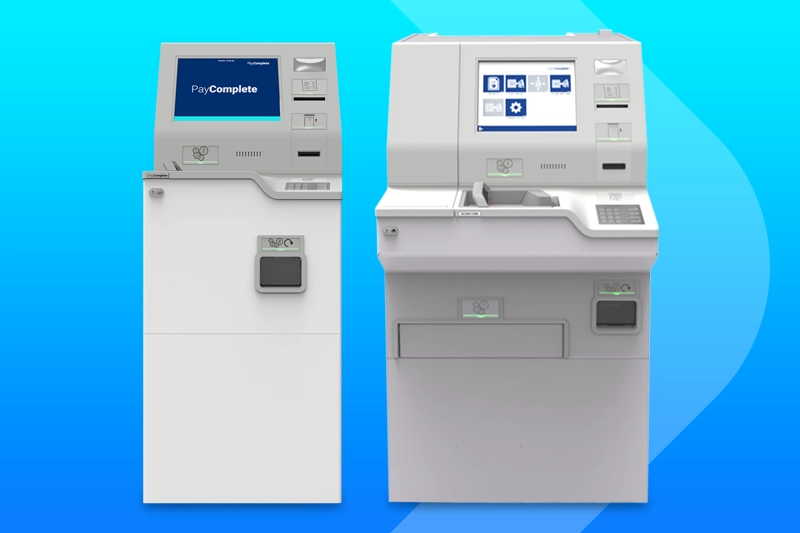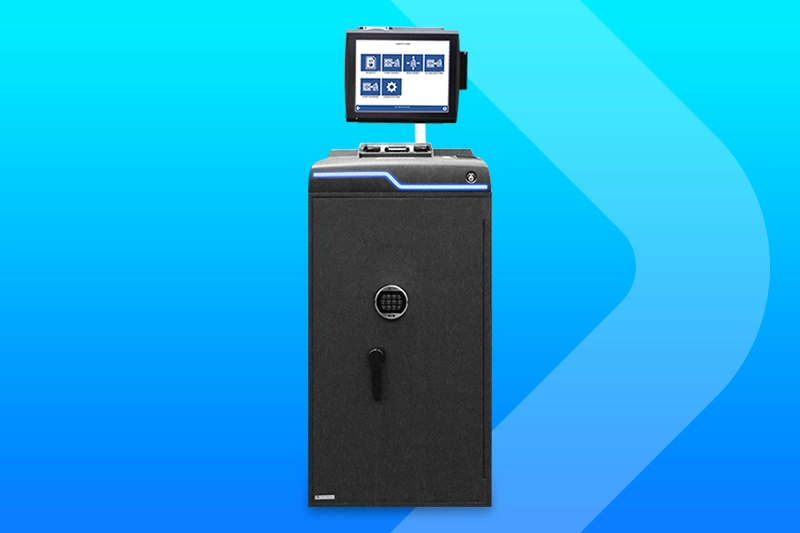First new business research on cash management in 10 years
Anyone who thinks of cash as a relic of the past is in for a big surprise. Nearly two-thirds (57%) of companies do not foresee themselves ever becoming completely cashless, according to the first new research on cash management in nearly a decade.
Although most organisations think cash is here to stay, the research will also expose that 41% of those surveyed admit that cash handling is still an entirely manual process.
The research reflects the views of nearly 500 companies that currently accept cash in sectors including retail, grocery, leisure, and tourism. The research was conducted in December 2023 with companies based in six countries: UK, France, Germany, Italy, Spain, and the US.
The most common problems
The research will reveal the most common problems faced by organisations of different sizes across a range of sectors when accepting and managing cash. The top four issues with handling and processing cash are discrepancies (34%), cash security concerns (31%), management costs (27%) and data security concerns (24%).
But most organisations have only automated the simplest cash processes. Cash counting machines are used by 65% of organisations while 64% use banknote validators.
The report will examine the findings in detail and explore how some organisations are using new technology to inject new life into their cash estate.
The technology gap
The drive to create efficiencies in cash management has largely been dependent on hardware manufacturers iterating existing hardware with new features. Organisations have become accustomed to thinking of cash management as a tactical process.
There has been some attempt to automate cash handling as it is the most partly automated task (52%) of all those related to cash. This is because organisations have purchased some stand-alone equipment that automates aspects of cash handling, but these are not integrated into an end-to-end process.
‘As our research shows, organisations know that cash is here to stay,’ said Simon James, CEO, PayComplete. ‘But the costs and inefficiencies of cash acceptance and management are major challenges. There is one answer to those kind of problems – technology and automation. For many years, organisations such as retailers and grocery stores have taken a piecemeal approach to cash automation. Today’s technology offers not only a multitude of advanced components, but also the ability to simply integrate the entire cash estate of an organisation into a single and efficient view.’
Organisations have increasingly high expectations of accuracy and insights of management reporting. The PayComplete report will confirm that nine in ten organisations say that real-time data around cash handling, movement and storage is now critical.
But less than a third (27%) of all the organisations surveyed have a fully automated cash reporting process in place. For a substantial 17% of organisations, the cash reporting process remains entirely manual with well over half (56%) relying on a mix of manual processes and human intervention.
Overall, this low level of automation is likely to mean that cash reporting is an inefficient process with higher costs, as well as inevitable human error. And that real-time data is completely out of reach for most organisations.
New tech and real-time data are breaking through
With the emergence of smart and integrated cash technology, new opportunities to modernise cash processes and increase efficiencies for businesses are now readily available.
PayComplete helps organisations implement not only hardware featuring the latest technology but is also unlocking huge additional efficiencies by overlaying advanced software across the end-to-end process. For those looking to reduce capital expenditure, leased equipment is available.
For organisations with higher levels of automation, PayComplete offers consulting services to further increase efficiencies such as leveraging its sector specific functionality.
Justifying investment in an automation project
Cost effectiveness and efficiency is driving organisations to invest in a unified cash management solution (39%). Simple integration with existing operational and financial systems is a priority (37%). The value placed on these factors is largely consistent across all sizes of organisation, except in Italy and Germany where care and support (49% and 46% respectively) is an important factor in their decision-making.
More insights in the full report
In the full report, PayComplete will explore the correlation between the number of people touching cash, the levels of organisational security spend, and the losses faced.
It will also explain how some organisations are looking to implement a dual strategy of encouraging customers to use electronic payment methods but simultaneously investing in new technology to optimise the performance of cash in their business.
Related Posts








